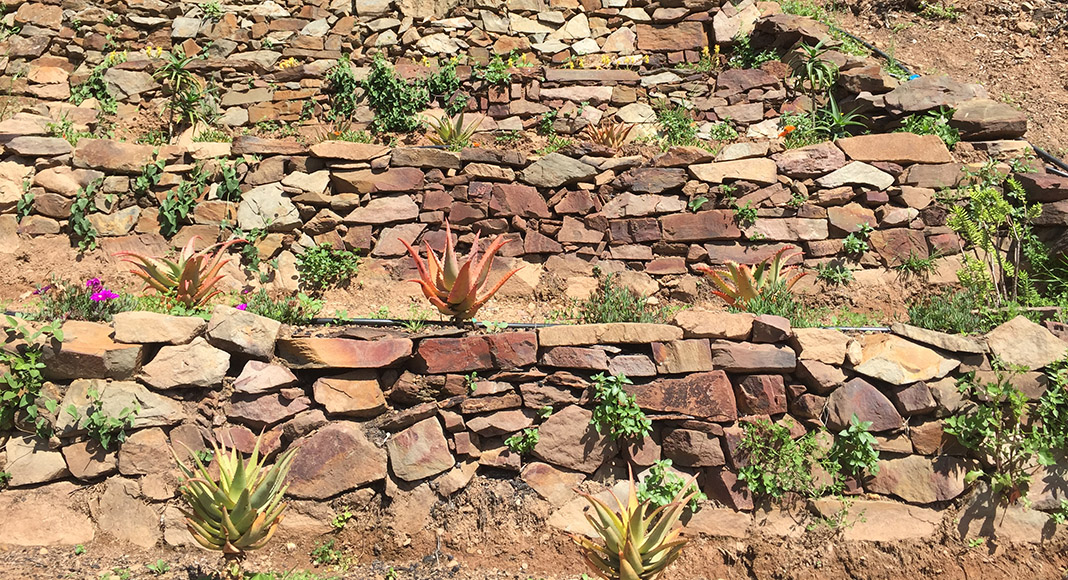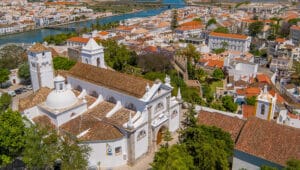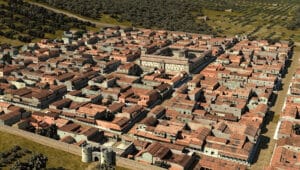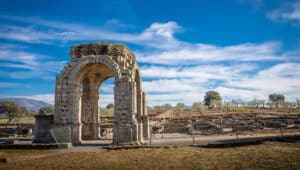Despite being in – the new trendy word – “lockdown”, we have tried to maintain some form of contact with our friends. This imposed social distancing challenges an association which relies on meetings and social interaction to find another way of maintaining contact. Of course emails are available and serve this purpose, as do phone calls and video calls. We are also attempting to keep the association alive by inventing video clips for our members.
The Armenian Varoujan Bartikian is Principal Cello with the Gulbenkian Orchestra in Lisbon and this spring he was due to perform for us at Quintinha da Música (Tavira), but, of course, we have had to postpone his appearance. When asked, he was very quick off the mark with his brilliant performance of the cello introduction to Rossini’s William Tell Overture. By the sleight of hand of an equally brilliant cameraman, we have the pleasure of Varoujan playing the four supporting cello parts as well as the solo.
It is a very witty idea.
Here are the reactions of some of our members to this breathtaking performance:
Jackie Billings: “Please send my thanks to Varoujan for brightening up this rainy day. I can’t wait to hear him ‘in the flesh’.”
Ans and Alfred Koolen: “Thank you. What a lovely idea to send us this. The Algarve is not the worst place to be during these trying times.”
Catherine O’Neill: “What a great idea. That was lovely. Clever recording all five cellos.”
Another of our long-standing performers is the teenage Nikola Meeuwsen from Holland. He visited us in January, and we hope he will return in the New Year. His contribution to our virtual concert series is the Three Intermezzi by Brahms.
These two videos are available on YouTube – simply search the performers’ names.
We have also been uploading quizzes for people to test their own knowledge of Portuguese history. Peter plans a quiz for each century, as well as others with Algarvian and Tavira bases.
Isolation in the garden
Our own garden stretches from the river (Ribeira de Alportel) across the track and up the hill behind our house. This period of enforced social inactivity has encouraged us to develop that part of the garden which until now has been a wilderness. One of our reasons was to substitute the wild and fast-growing acacias which invade our land, posing as they do an ever-present fire risk.
With the encouragement of Martin, our gardener, we have had planted a variety of trees, including olives, carobs, strawberry trees and quinces, that will require little water once established. The olive and the carob are productive, and the strawberry tree bears red fruit attractive to the birds.
Quince is a fruit which no-one really cares for and is usually left on the tree.
As Felix planted our quince trees, he informed us of a traditional Portuguese school insult: “Tu és um marmelo”, meaning that ‘You are useless, a good-for-nothing’. The spring flowers of the quince are pink and white and very attractive, as well as malodorous.
The fruit of the quince tree (or “marmeleiro” in Portuguese) is often turned into a solid paste or quince cheese, and is often eaten together with strong cheese, such as manchego. The quince cheese was first brought to England in the early 16th century. In those days, it was often referred to as ‘marmaladoo’, which gives us the word marmalade. The word was transferred in the 17th century to citrus jam, perhaps because citrus fruit then became more common and, in those days, most citrus fruit imports also came from Portugal.
Our Portuguese neighbours tell us that, within living memory, the whole of our valley was ploughed and sown with wheat. It is difficult nowadays to imagine, since as far as the eye can see, the hills are covered with scrub, mostly flammable cistus.
There are stone markers painted white in the most unlikely places, and stone walls and terraces lurking in the scrub. At the top of the garden, we found the remains of stone terracing which must have been built when the land was farmed. The soil up there is amazingly good, and has now been planted with succulents and other spring flowers.
Enforced social distancing has not meant for us a period of idleness. As well as infusing life into our Virtual Association, we have taken the opportunity to extend our influence over the less accessible parts of the garden. We consider ourselves fortunate that we have access to open space, and feel for those in city centre apartments. Remoteness has its advantages.
By Lynne Booker
|| features@algarveresident.com
Lynne Booker, along with her husband Peter, founded the Algarve History Association. lynnebooker@sapo.pt
www.algarvehistoryassociation.com























